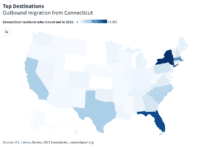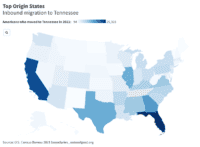
Big cities attract businesses and residents because their large employment bases guarantee plentiful jobs and generally higher wages, and they offer access to entertainment and cultural activities as well. But do those advantages make them great places to work and live? For many city dwellers, the answer is yes. (Here’s the best city to live in every state.)
Size isn’t everything, of course. According to World Population Review, the 10 most largest cities by population in the U.S. are (in this order): New York City, Los Angeles, Chicago, Houston, Phoenix, Philadelphia, San Antonio, San Diego, Dallas, and San Jose. Yet in the Milken Institute’s ranking of the nation’s best-performing cities for 2021, only three of those — Phoenix, Dallas, and San Jose — were in the top 25 among large cities.
What does it mean to be a best-performing city? The Milken Institute, a non-profit think tank, bases its scores on an index of “jobs, wages, and high-tech growth while incorporating new measures of housing affordability and household broadband access.”
To identify the best performing large cities in America, 24/7 Wall St. reviewed the Institute’s overall ranking of city performance. Each city’s score from last year is also included in the report. (Total population figures come from the U.S. Census Bureau’s 2019 American Community Survey 1-Year Estimates.)
Click here to see the best-performing large cities in America
The top large city on this list is Provo, Utah, home to Brigham Young University. Utah also placed fourth with Salt Lake City. Palm Bay, Florida, on the state’s Atlantic Coast, ranked No. 2. Rounding out the top five were Austin, Texas (No. 3) and Raleigh, North Carolina (No. 5) — both known for their universities and concentration of tech businesses.
In a bit of a surprise, San Francisco ranked 24th on the list — a dramatic fall from its No. 1 position last year. (The Milken Institute attributes the decline to “the high cost of housing and a strong negative shift in short-term job growth…[which] may indicate the outsized effect of the coronavirus pandemic on so-called ‘superstar cities.’” (Sometimes smaller is better: These are the best small cities to start a business.)
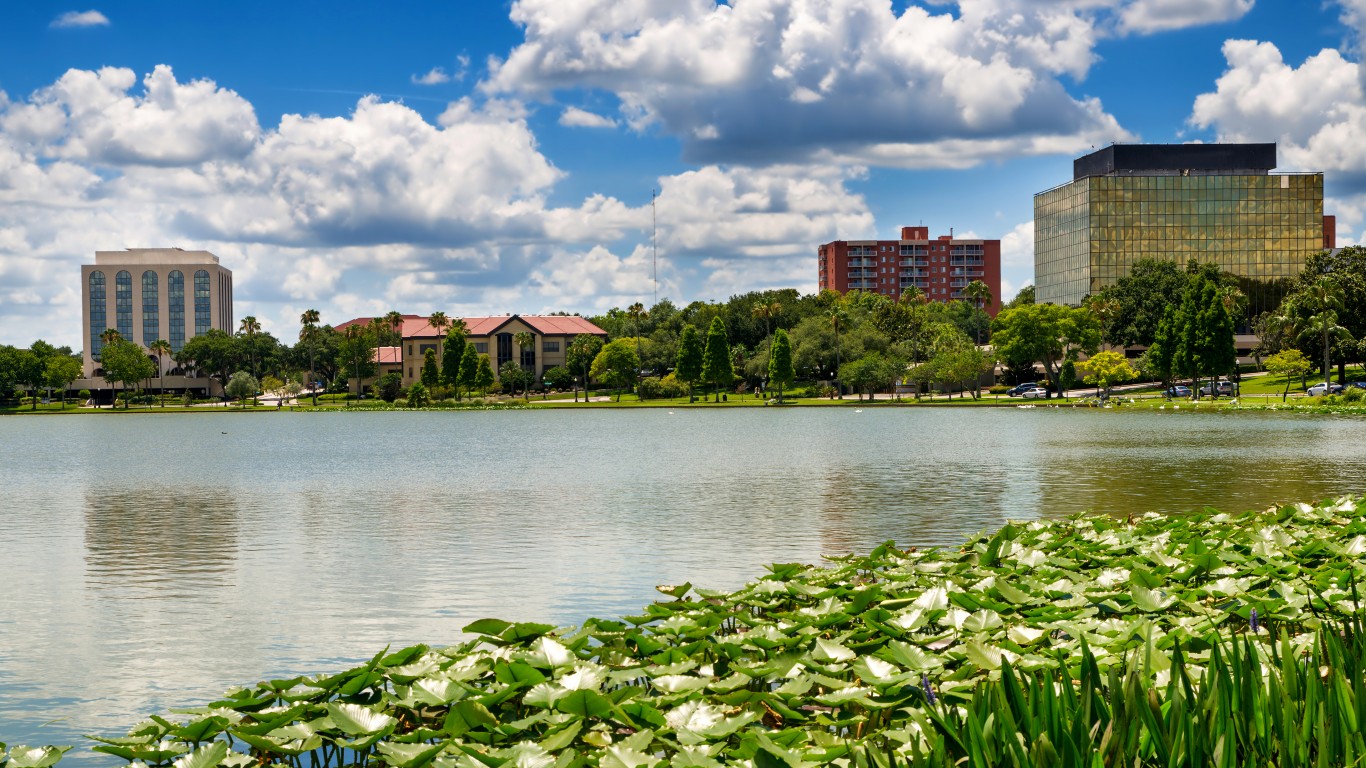
25. Lakeland, Florida
> 2020 rank: 39
> Population: 724,777
[in-text-ad]

24. San Francisco, California
> 2020 rank: 1
> Population: 4,731,803
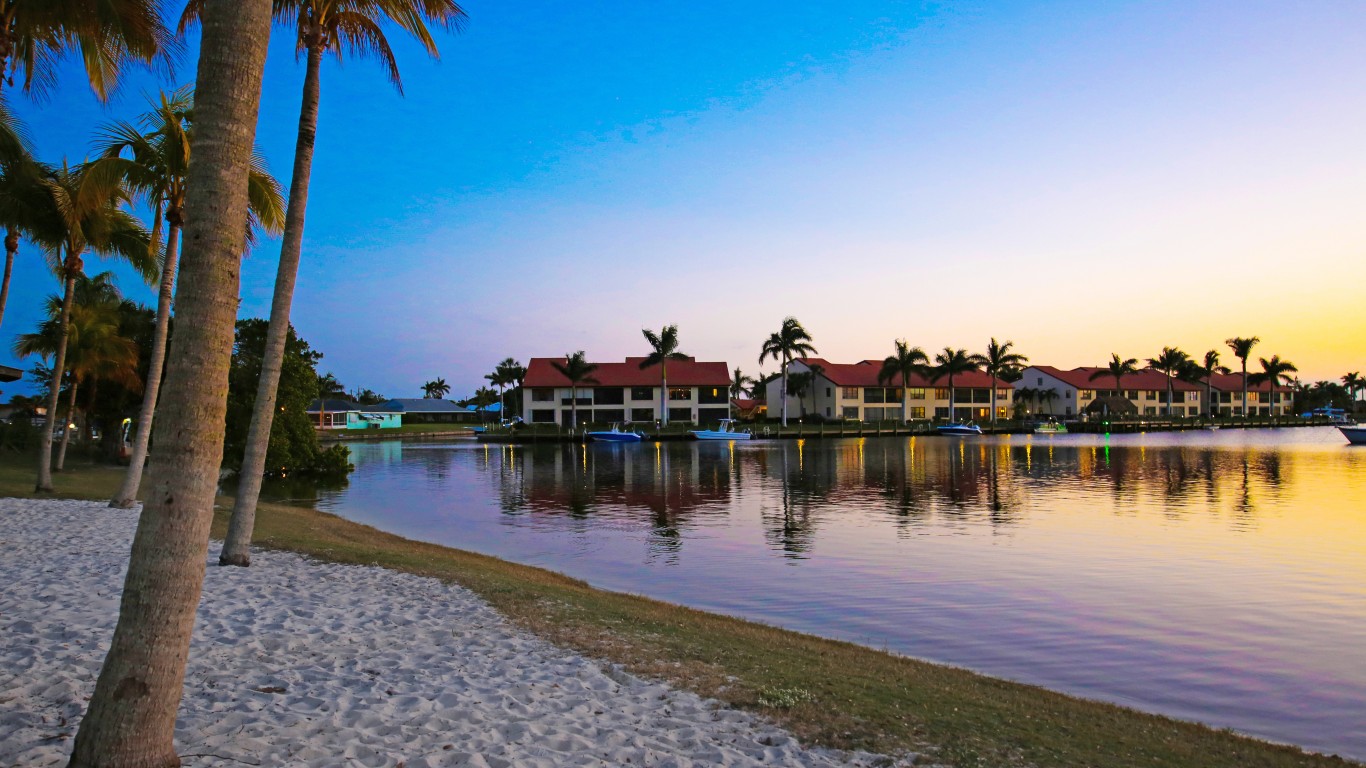
23. Cape Coral, Florida
> 2020 rank: 23
> Population: 770,577

22. San Jose, California
> 2020 rank: 5
> Population: 1,990,660
[in-text-ad-2]

21. Atlanta, Georgia
> 2020 rank: 29
> Population: 6,018,744
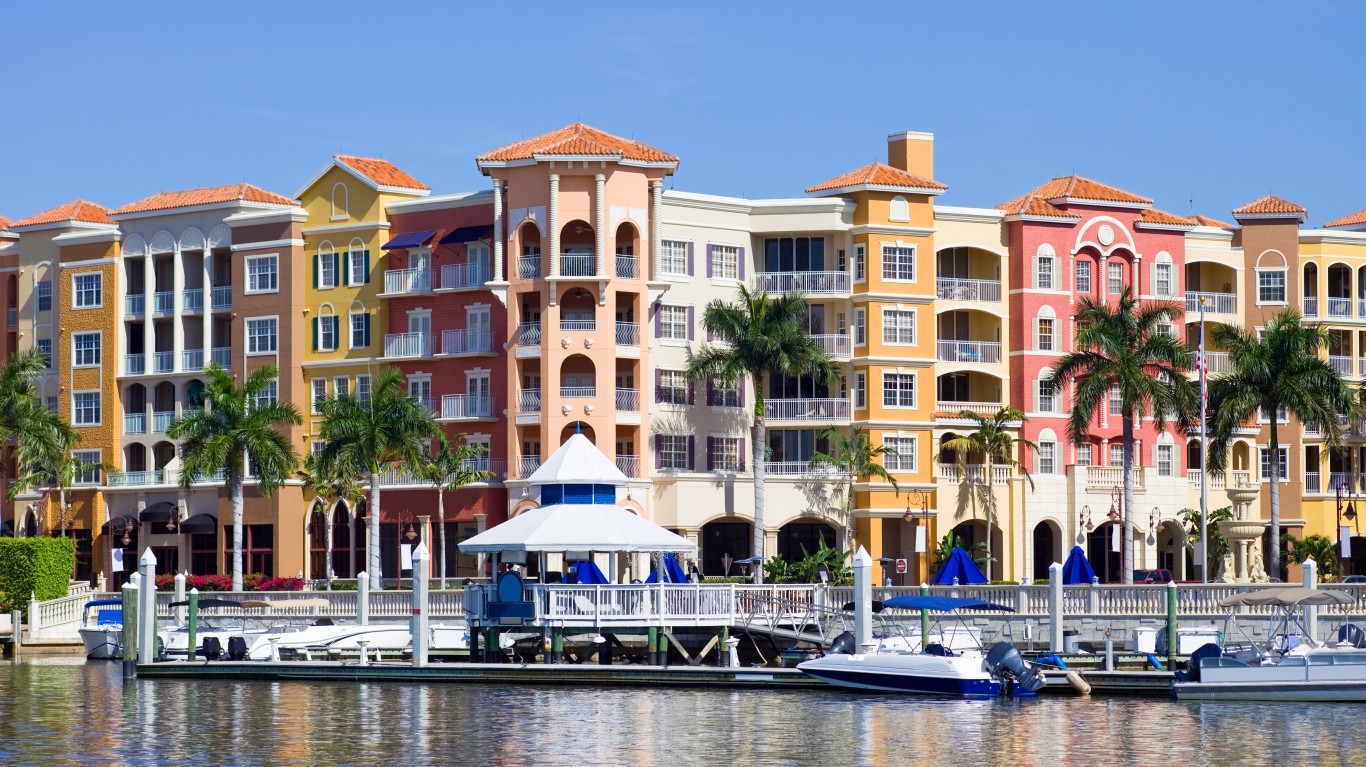
20. Naples, Florida
> 2020 rank: 58
> Population: 384,902
[in-text-ad]

19. Kennewick, Washington
> 2020 rank: 69
> Population: 299,612
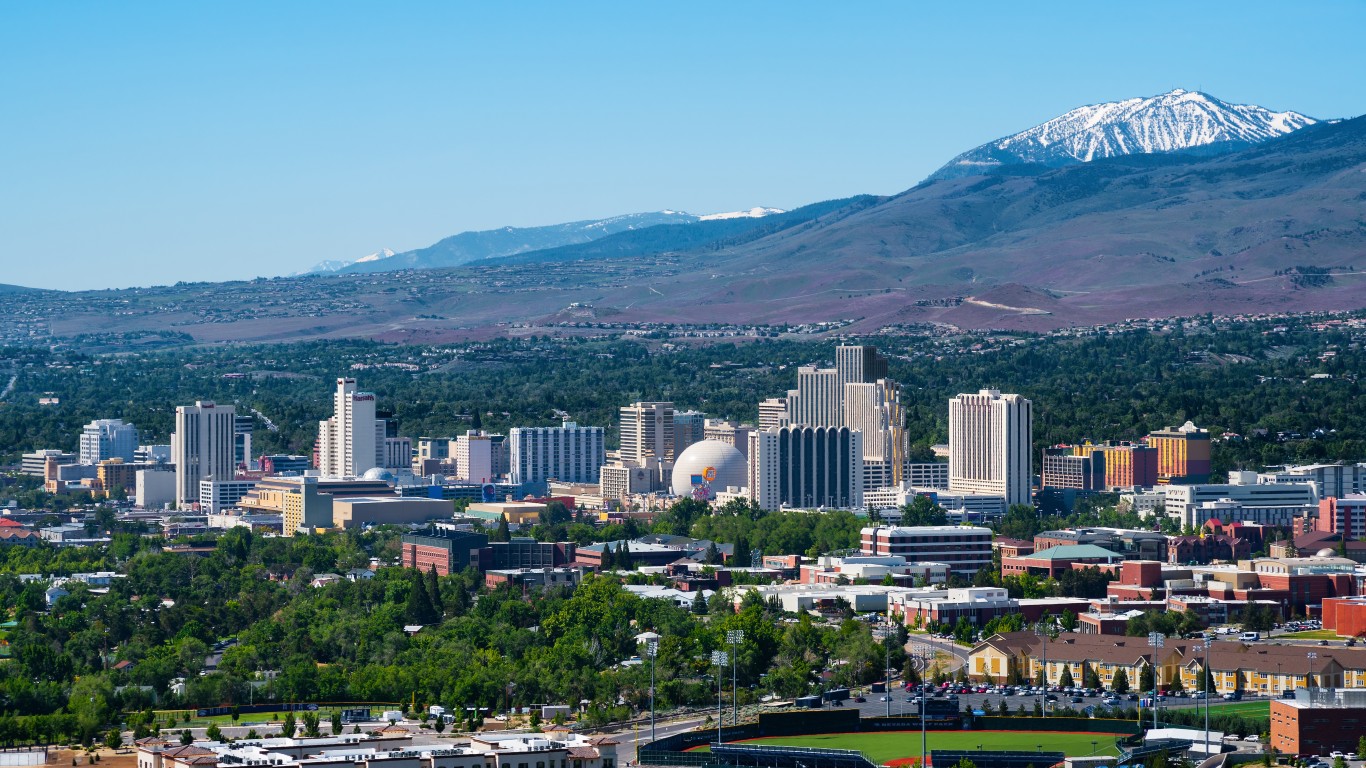
18. Reno, Nevada
> 2020 rank: 4
> Population: 475,290
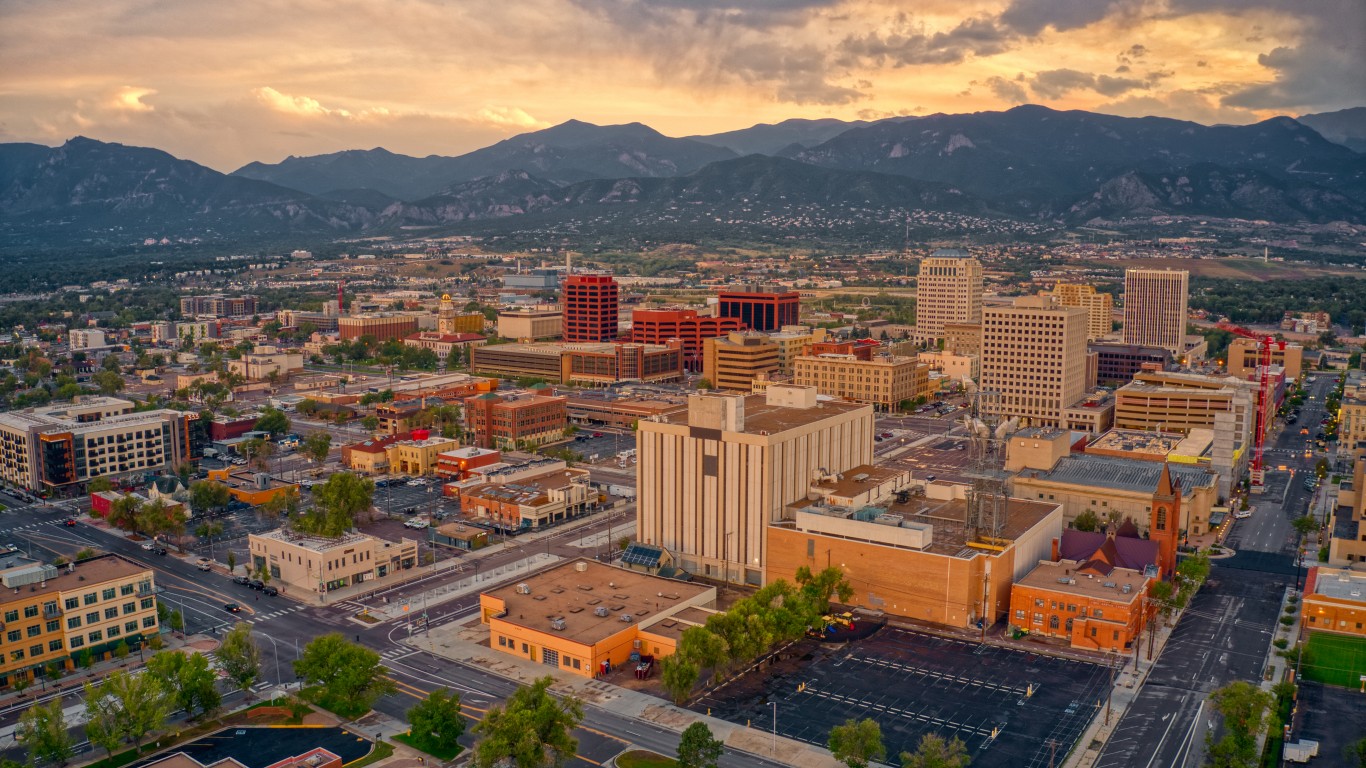
17. Colorado Springs, Colorado
> 2020 rank: 36
> Population: 745,791
[in-text-ad-2]

16. Bremerton, Washington
> 2020 rank: 40
> Population: 271,473

15. Fayetteville, Arkansas
> 2020 rank: 37
> Population: 536,120
[in-text-ad]

14. Dallas, Texas
> 2020 rank: 9
> Population: 7,573,136

13. Seattle, Washington
> 2020 rank: 8
> Population: 3,979,845

12. Fort Collins, Colorado
> 2020 rank: 21
> Population: 356,899
[in-text-ad-2]

11. Denver, Colorado
> 2020 rank: 18
> Population: 2,967,239

10. Huntsville, Alabama
> 2020 rank: 49
> Population: 471,824
[in-text-ad]

9. Ogden, Utah
> 2020 rank: 22
> Population: 683,024

8. Nashville, Tennessee
> 2020 rank: 14
> Population: 1,933,860
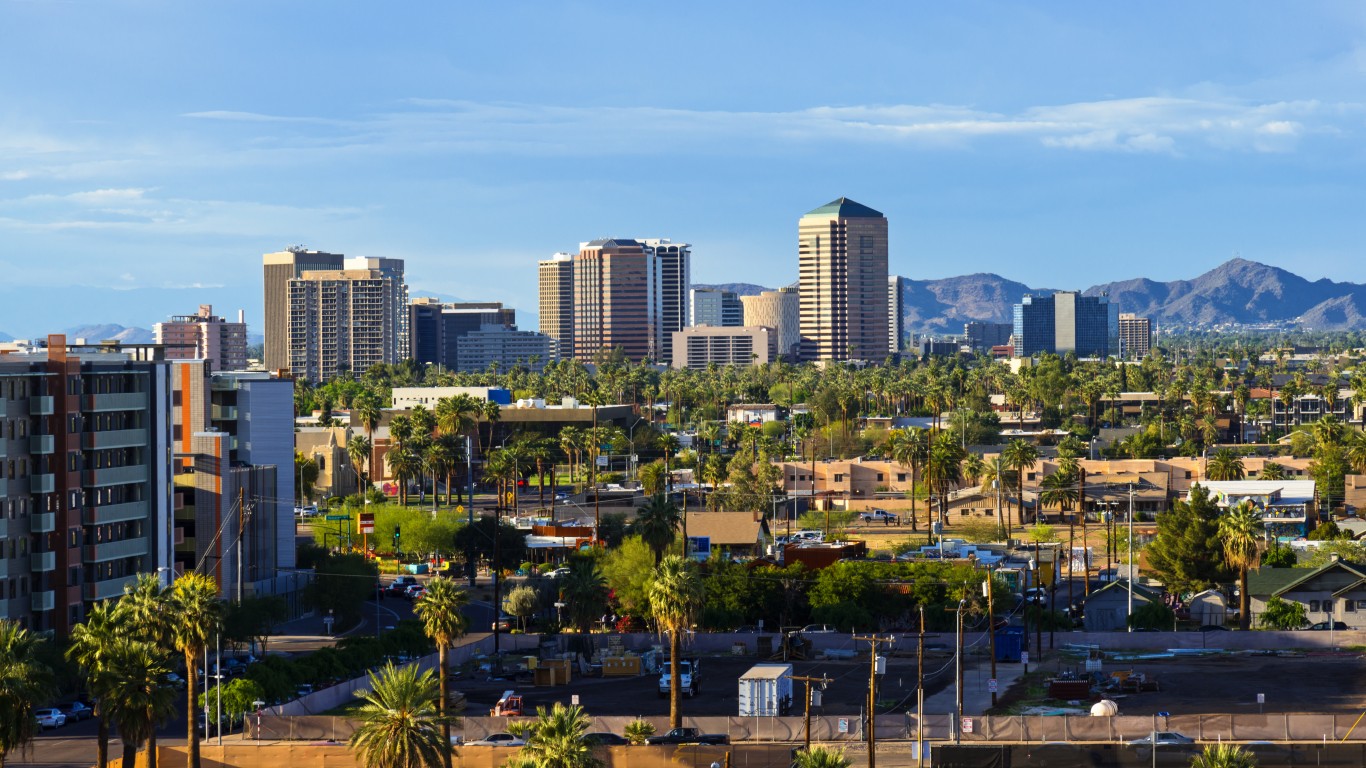
7. Phoenix, Arizona
> 2020 rank: 12
> Population: 4,948,203
[in-text-ad-2]
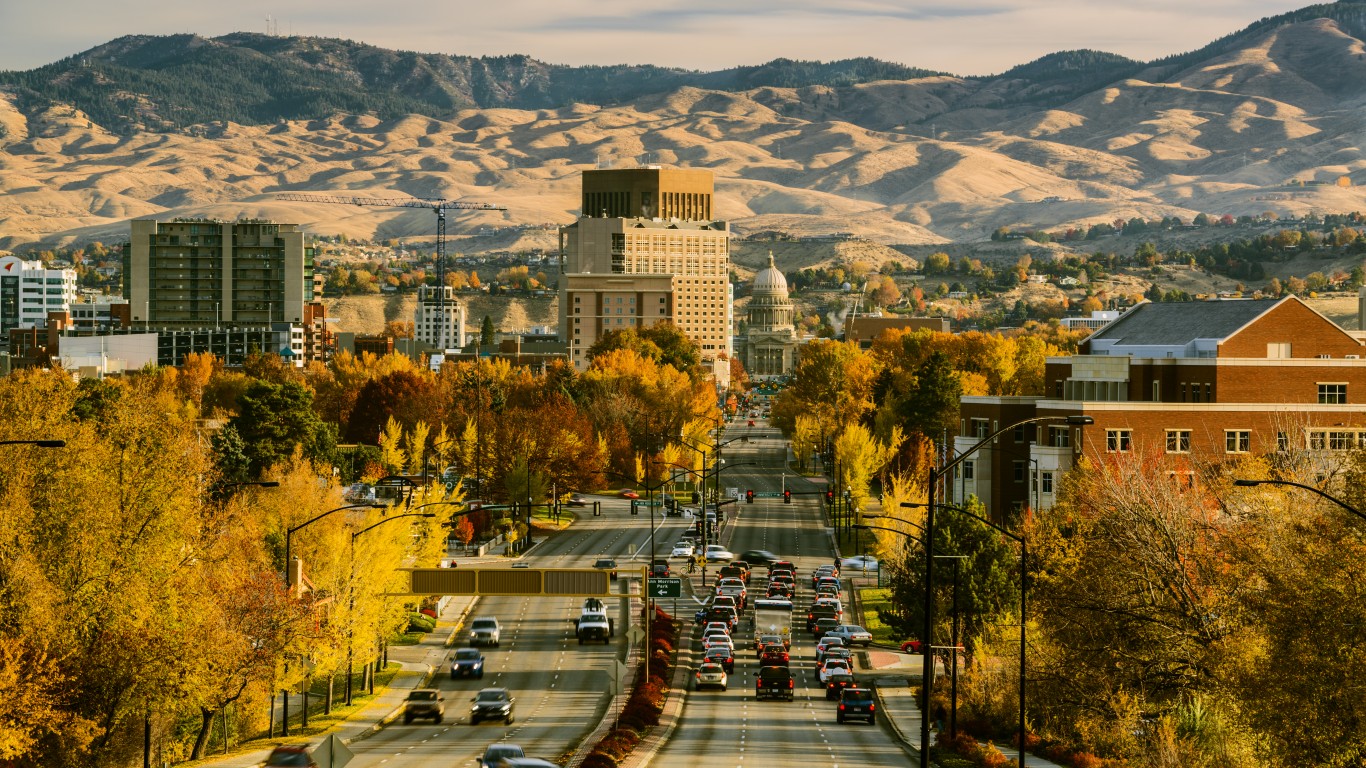
6. Boise, Idaho
> 2020 rank: 7
> Population: 749,057

5. Raleigh, North Carolina
> 2020 rank: 11
> Population: 1,390,785
[in-text-ad]

4. Salt Lake City, Utah
> 2020 rank: 25
> Population: 1,232,696
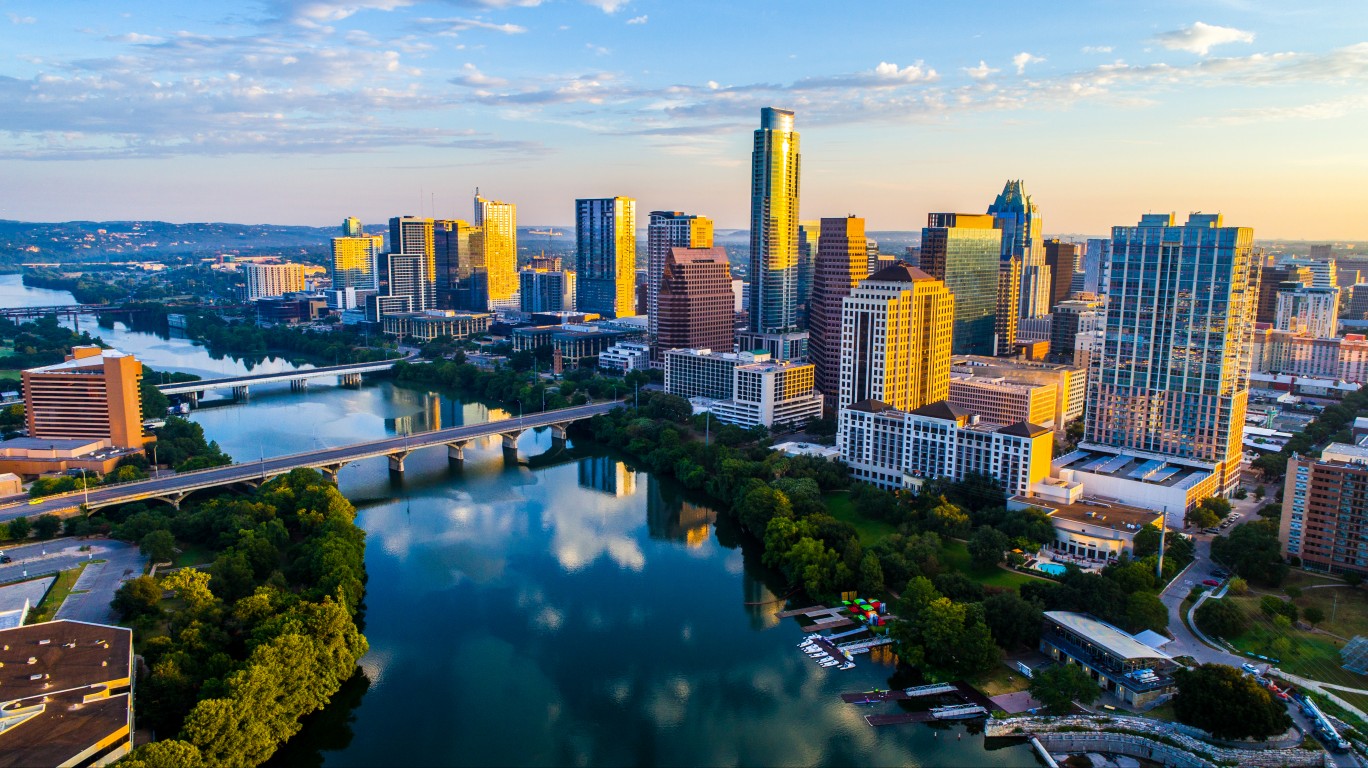
3. Austin, Texas
> 2020 rank: 3
> Population: 2,227,083
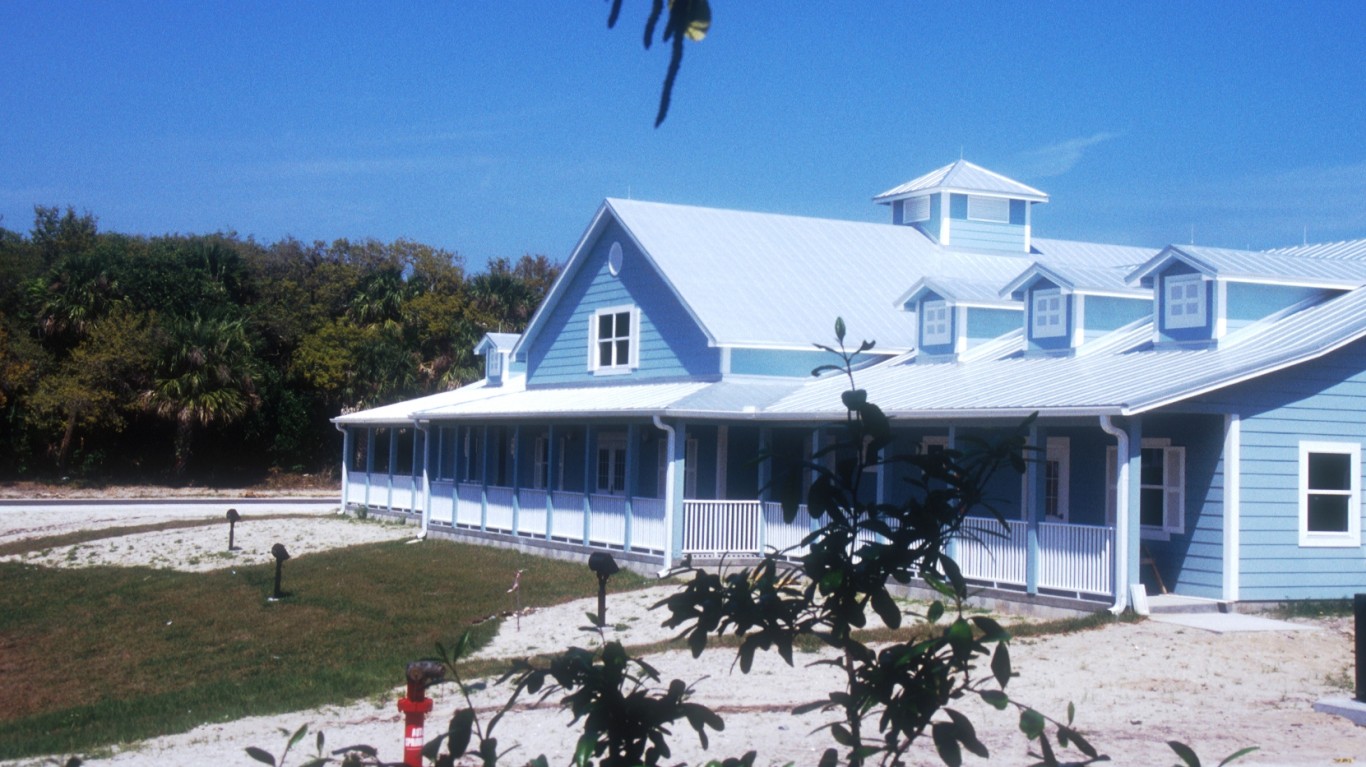
2. Palm Bay, Florida
> 2020 rank: 10
> Population: 601,942
[in-text-ad-2]

1. Provo, Utah
> 2020 rank: 2
> Population: 649,603
100 Million Americans Are Missing This Crucial Retirement Tool
The thought of burdening your family with a financial disaster is most Americans’ nightmare. However, recent studies show that over 100 million Americans still don’t have proper life insurance in the event they pass away.
Life insurance can bring peace of mind – ensuring your loved ones are safeguarded against unforeseen expenses and debts. With premiums often lower than expected and a variety of plans tailored to different life stages and health conditions, securing a policy is more accessible than ever.
A quick, no-obligation quote can provide valuable insight into what’s available and what might best suit your family’s needs. Life insurance is a simple step you can take today to help secure peace of mind for your loved ones tomorrow.
Click here to learn how to get a quote in just a few minutes.
Thank you for reading! Have some feedback for us?
Contact the 24/7 Wall St. editorial team.
 24/7 Wall St.
24/7 Wall St.